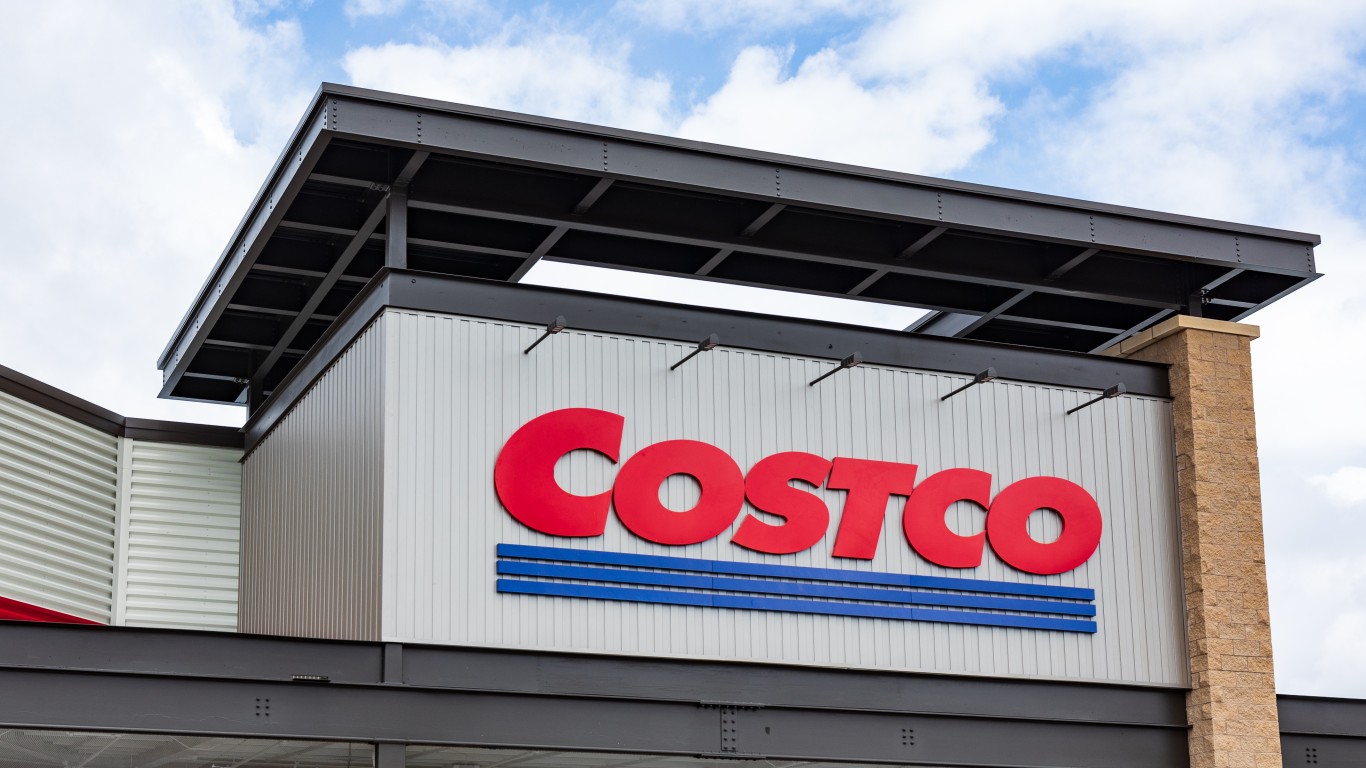 Investors walked away from several retail stocks late this year. Those companies probably will continue to falter in 2012 and 2013.
Investors walked away from several retail stocks late this year. Those companies probably will continue to falter in 2012 and 2013.
Best Buy (NYSE: BBY), Gap (NYSE: GPS) and Sears Holdings (NASDAQ: SHLD) shares sold down sharply in the fourth quarter. Shares of Walmart (NYSE: WMT), JCPenney (NYSE: JCP) and Macy’s (NYSE: M), though, remained steady or gained. This despite the fact that these three are threaten nearly as much as other bricks-and-mortar retailers are as e-commerce becomes a larger part of the retail market.
Concerns about the three weak retailer stocks are very specific.
Best Buy has been unable to thwart Amazon.com’s (NASDAQ: AMZN) rapid expansion into consumer electronics and digital content. These businesses are now nearly as strong as the e-book and print book businesses are for the largest e-commerce company in the world. Like Barnes & Noble (NYSE: BKS), Best Buy failed to create a web presence or online price model that would allow it to defend itself against Amazon.
Sears Holding’s problems are largely different from those of Best Buy. Kmart and Sears stores have not changed much in the past five years. The parent has elected not to commit the capital to upgrade its locations. Sears might have done better if its stores were freshened like those owned by Walmart, Macy’s and Target (NYSE: TGT). Sears management has witnessed how being cheap can get expensive when customer retention is at stake.
The reasons for the failure at Gap fall into another category. The retailer had the instinct to remain on the leading edge of mid-priced fashion. It lost that edge two or three years ago for reasons that are unclear. Gap has been overwhelmed since then by the success of smaller retailers like Abercrombie & Fitch (NYSE: ANF).
The retail industry, like most others, will lose some of its largest companies over the next few years. Best Buy, Sears and Gap are likely to be among them.
Douglas A. McIntyre
Take Charge of Your Retirement: Find the Right Financial Advisor For You in Minutes (Sponsor)
Retirement planning doesn’t have to feel overwhelming. The key is finding professional guidance—and we’ve made it easier than ever for you to connect with the right financial advisor for your unique needs.
Here’s how it works:
1️ Answer a Few Simple Questions
Tell us a bit about your goals and preferences—it only takes a few minutes!
2️ Get Your Top Advisor Matches
This tool matches you with qualified advisors who specialize in helping people like you achieve financial success.
3️ Choose Your Best Fit
Review their profiles, schedule an introductory meeting, and select the advisor who feels right for you.
Why wait? Start building the retirement you’ve always dreamed of. Click here to get started today!
Thank you for reading! Have some feedback for us?
Contact the 24/7 Wall St. editorial team.




